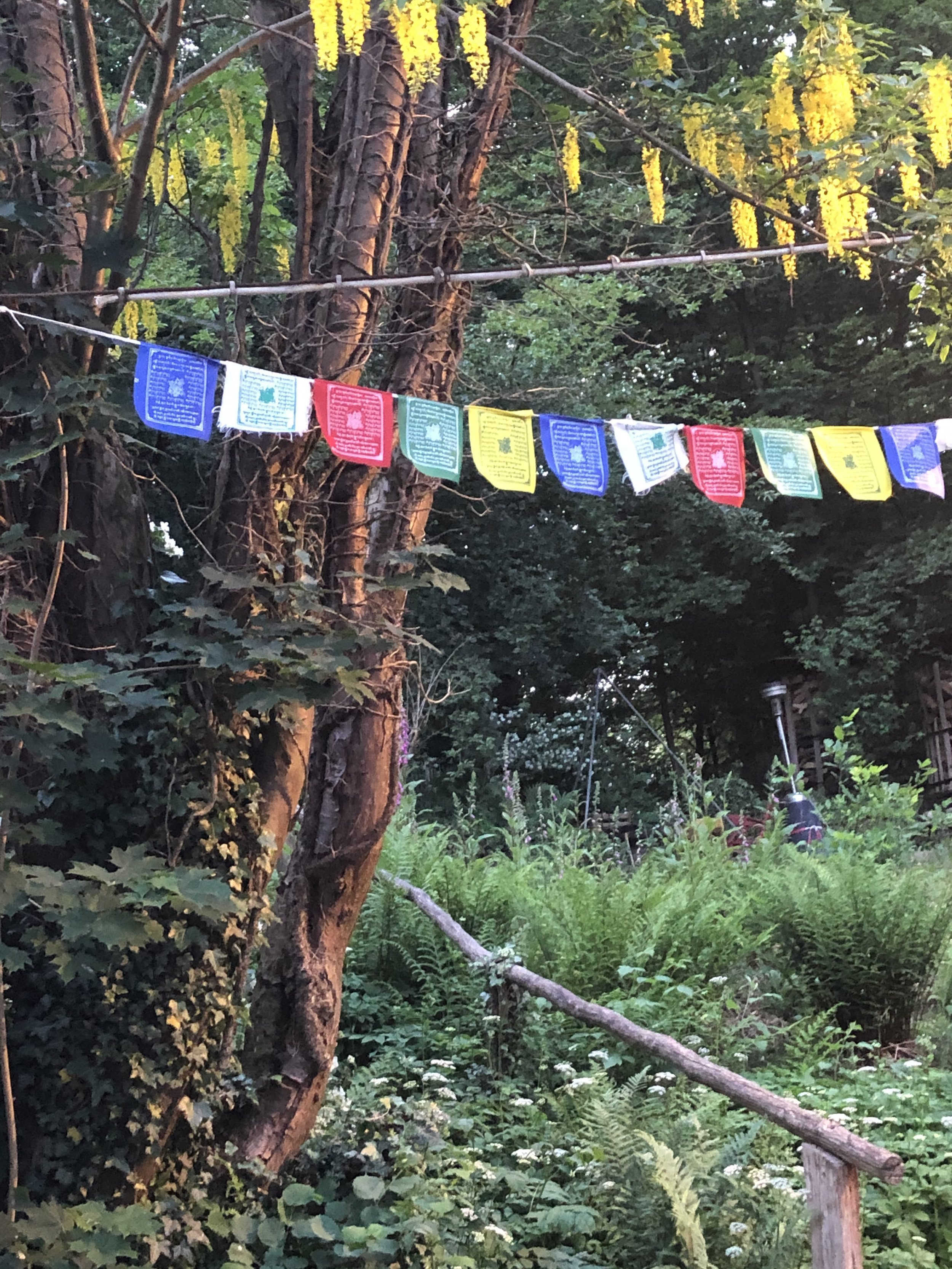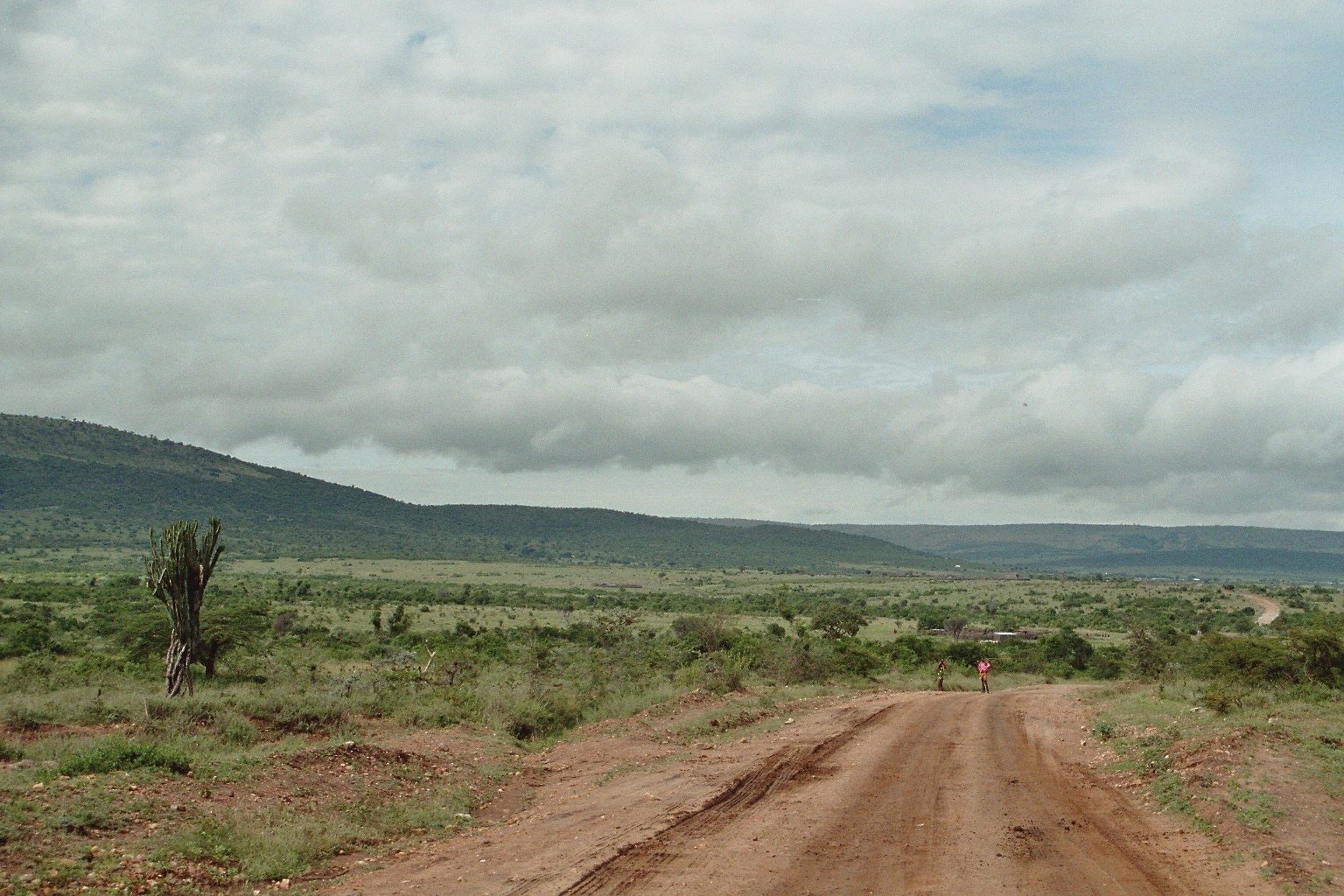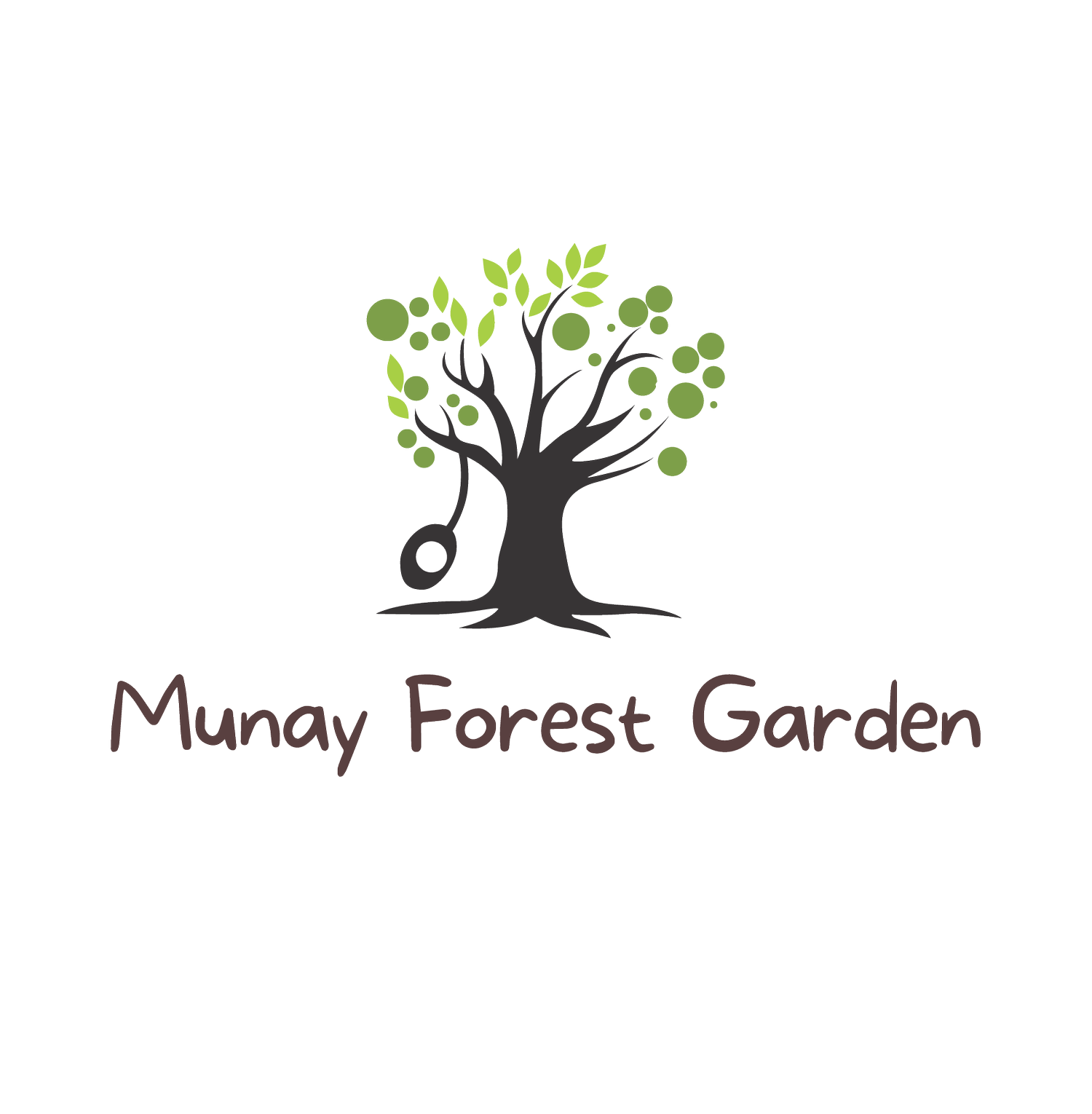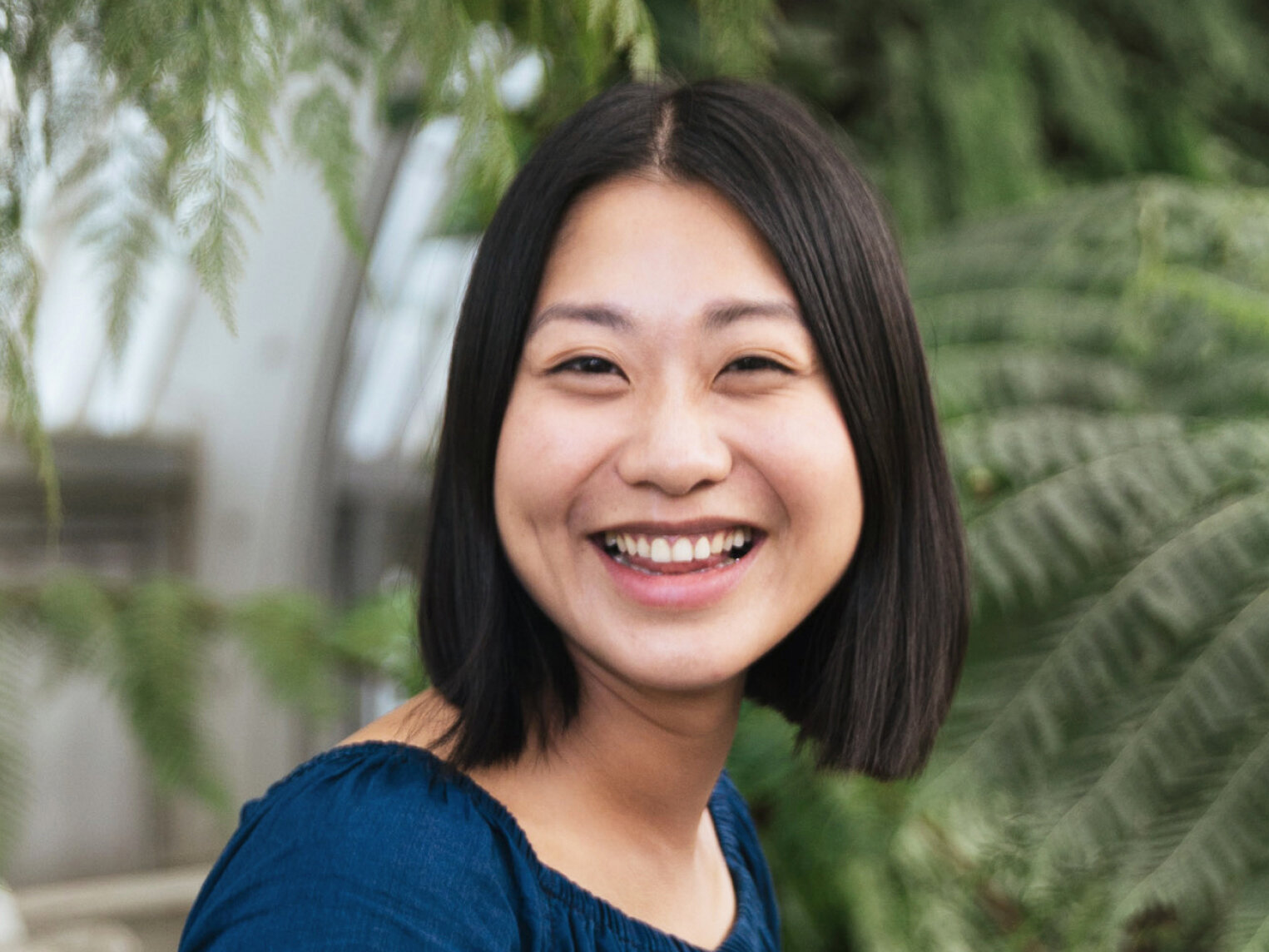
“Hi! How Are you?”
I am Ellen Blommaert. I am an anthropologist (Ph.D.), a social worker, an activist, and an idealist.
Munay Forest Garden stands as our inspiration and our modest endeavor to create a better world for generations to come. Having lived in various countries amidst diverse circumstances, groups, and cultures, it became clear to me that rather than attempting to change the global system, I would create my own enchanting heaven. A place where we as a family can become self-sufficient and welcome and host people from around the globe. My aspiration is to spark inspiration in them to cultivate their own magical gardens!

My History
I created Munay Forest Garden because I believe there is a general need for people to spend more time in nature. In our hectic lives with busy schedules and social commitments, we often spend far too little time in nature.
Growing up in the Belgian countryside as a “farmer girl”, I learned the vital connection between solidarity and nature. It is so important to connect with nature because when we connect, we care. With farming roots in my family, I spent my childhood outdoors, tending to gardens and animals.
My drive and perspectives of life were deeply shaped by my work as a social worker with refugees and homeless individuals in Belgium. Later, once an anthropologist, I focused on defending the rights of coca farmers in Bolivia, studying their survival strategies in the War on Drugs. Living in Kenya, I delved into the local lifeworld of young people, facing the realities of poverty and diseases like leishmania, TB, malaria, and HIV/AIDS. In the village, we had no tap water, no electricity, no gas… A big amount of our time was used cleaning the water that was carried in buckets on donkeys from Lake Victoria, cooking with firewood, and lighting the house with a candle or a petroleum lamp. “Close to nature”; “Romantic”, an ecologist would say. For most villagers, however, it is a daily reality and not romantic at all.
Our firstborn arrived, and soon after, we moved to Lima, Peru, and later to Dakar, Senegal. Along the way, we connected with many wonderful families who shared our commitment to justice for all and the urgent need to shift our agricultural system towards regenerative practices. Through my involvement in transition network groups and permaculture communities, I worked on projects dedicated to preserving organic cotton and wool from sheep and alpaca.
My long-term experiences working in Bolivia, Kenya, Peru and Senegal shed light on the complex and ambiguous nature of the development world. Within development projects, complex power dynamics are always at play. The central question isn't solely whether development functions, but rather, HOW it operates and WHO ultimately reaps its benefits. Numerous stakeholders are involved, yet despite many repeating the same mistakes, little knowledge exchange occurs because our focus tends to fixate on success stories exclusively. Regrettably, if a project is labeled a 'success,' its narrative is shaped by how YOU, as a (natural or social) scientist, interpret certain situations. I aspire to one day muster the courage to re-write my PhD dissertation on 'Aspirations and Sex: Coming of Age in Western Kenya in a Context of HIV,' to a novel, laying bare the true stakes in that Kenyan village and advocating against injustice.
In 2017, with the arrival of our twins, we made the move to Bonn, Germany. While the city life had its charm, my passion for creating a permaculture food forest inspired us to seek a countryside home near Bonn/Köln. After a while, we found our dream home in Drinhausen!
Permaculture in Every Step
-
Earth care
In everything we do, we strive to work in harmony with nature. This requires a deep understanding of how we can minimize our impact on the environment. Caring for the Earth means being mindful of what we take from nature and considering the impact of removing resources on the broader ecosystem. We approach the forest with respect, leaving no trace behind, and nurturing the plants and all living beings that call it home.

-
People care
During our workshops, we nurture one another and ourselves, attending to the needs of children, parents, guides, and the wider community. We also prioritize health and well-being, making space for creativity and whatever else arises in the moment. We foster a safe and inclusive environment where everyone’s voice is heard and respected.

-
Fair share
Fair Share is about striving for equality among all people, regardless of skin color, gender, nationality, or any other difference, while also seeking balance between humans and other species. It means 'sharing the surplus'—taking only what is necessary and redistributing the abundance of nature. This surplus can include harvested food, human energy, time, or other resources, all of which can be shared to benefit other living beings

Setting up a food forest
Building My Own Permaculture Dream: From Inspiration to Creation
Throughout our travels, I’ve been fortunate to witness and contribute to extraordinary permaculture projects across the globe. These experiences ignited a deep passion within me to create my own, with the aim of leaving a lasting legacy. My journey began with Los Arenalejos (Malaga, Spain), a project that would later become known as one of the pioneering permaculture initiatives.
Now, here in Oberberg, our land stretches across 4 hectares, home to a charming half-timbered house, a tiny house, a fisherman's cabin, a sauna, 4 ponds, a meadow garden, and a forest. The forest is nothing short of magical—its ancient beech and oak trees stand as silent sentinels, infusing the land with a sense of timeless wisdom and deep connection to nature.
Waldhof: a rich history, a new chapter
This piece of land has a rich history, having long been owned by one influential family: the Friedrich family. The garden was once designed as a park, and the property was known as 'Waldhof.' For generations, the family would spend their summers in the shade of the magnificent trees that Drinhausen offered, retreating here to find peace and solace. In winter, they would board a boat to their land in Argentina, living a life of adventure and comfort.
In 1950, Waldhof was purchased by the renowned German children’s author Herbert Plate. A passionate hunter, he was infamous for traveling as far as India to hunt tigers—a tiger pelt from one of his expeditions hung in the house for many years. After Herbert’s passing, his daughter Dagmar Plate and granddaughter Cora Plate continued to call this place home. They lived here until 2018, subsisting off what the land and house had to offer. When Cora finished her bachelor’s degree, it was her mother’s wish to leave Oberberg behind and start anew, and so they moved to Paraguay. And in an interesting twist of fate, this brought us back to Latin America—where our own journey around the world had begun. It seems that Latin America has always had a way of connecting us.
Planting the seeds of change
Creating a food forest is about working with nature to replicate the layered structure of a natural forest, with one beautiful difference: here, food production is at the heart of the design. Though I’m still at the beginning of this journey, I’ve started by experimenting with tall and low trees, shrubs, and a diverse array of plants. My vision is to gradually enrich the soil with climbing plants, perennial herbs, and other resilient species, fostering an ecosystem that gives back as much as it takes. The soil here in Oberberg, rich in natural stones, loam, and clay, certainly presents its challenges. But with raised beds, careful mulching, and the addition of compost, I’ve already seen the land transform in ways I never imagined. It’s a reminder that, with patience and respect for the earth, we can cultivate not just food, but a thriving, living ecosystem that nourishes us all.
Throughout this journey, I am deeply grateful for the invaluable support of my husband and the dedicated volunteers who have joined us along the way!

Thanks to our volunteers
To flourish in our project, we depend on dedicated and enthusiastic volunteers who share our love for nature, permaculture, and food forests. We welcome individuals who envision themselves as part of our vibrant and open-minded community, bringing a spirit of creativity and ease to our diverse range of outdoor tasks.
Volunteers play a crucial role in helping us feed the animals, tend to the vegetable garden, and do tasks like clearing maple/beech seedlings and wild berries. Those with experience in permaculture food forests are encouraged to share their insights. Additionally, volunteers assist in organizing Forest Language Camps for local children.
In the last 4 years, we've hosted over 70 volunteers from around the globe. Many of them became like family, and we've even visited some in their home countries. Some returned for a second or third time, including students and workers who left renewed after overcoming burn-out. We are deeply grateful for their invaluable contributions and the time spent with us. Hoping to welcome them back or stay connected in the future!
still under construction
It all begins with an idea. Maybe you want to launch a business. Maybe you want to turn a hobby into something more.











